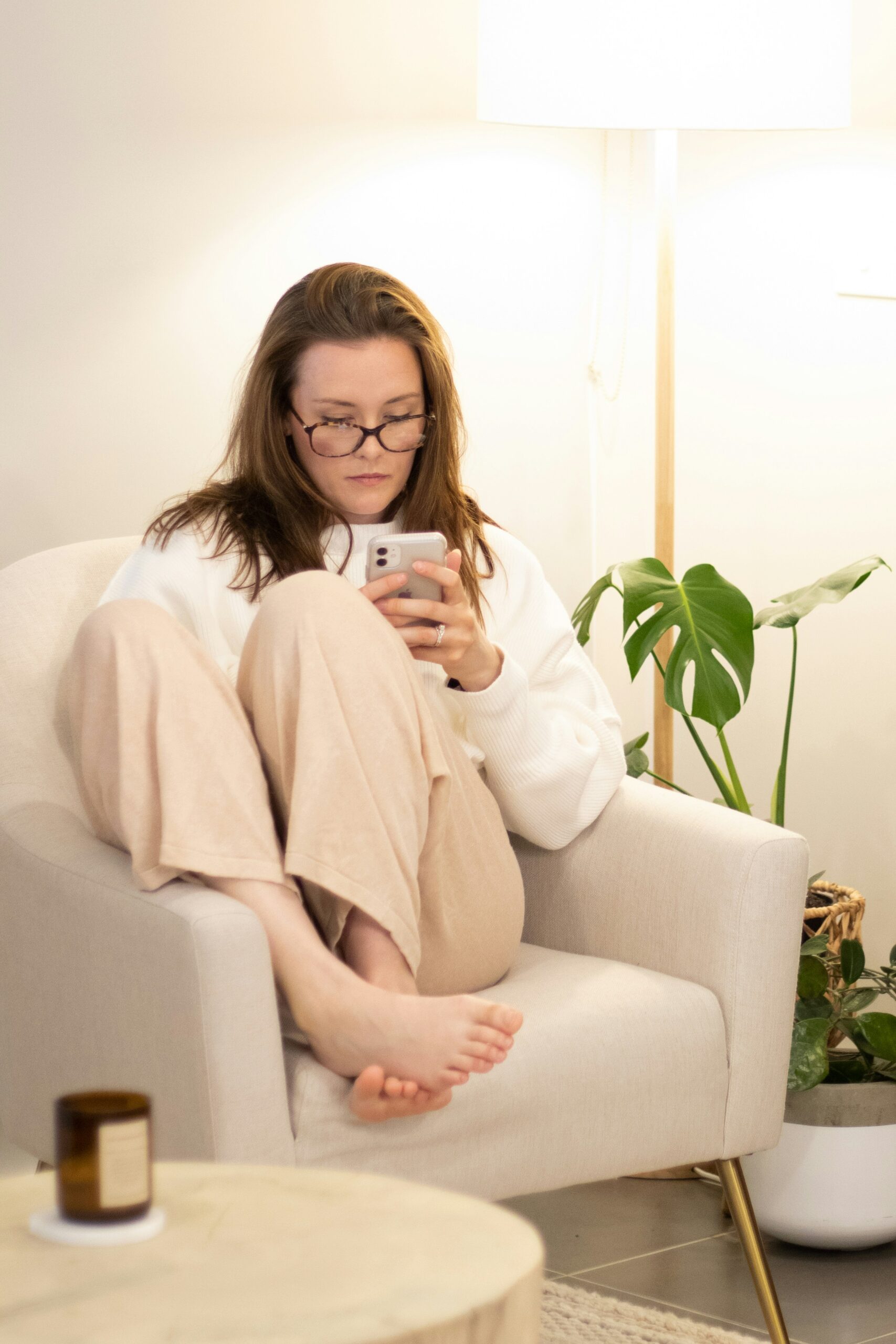If you’re a millennial, you’ve probably had that moment where a health scare—big or small—throws you into a spiral. Maybe it’s an unusual lump, a weird test result, or a sudden, unexplained symptom. And if you’re anything like most of us, you probably tell yourself, I just need to be logical. I shouldn’t panic. Everything is probably fine. But the truth? No amount of logic stops fear from creeping in when your health feels uncertain.
We were raised to be resilient, to push through discomfort, and to keep functioning no matter what. But when it comes to real uncertainty—especially around our health—this instinct to suppress emotions does more harm than good. Let’s be honest: we’re reacting to fear. And fear isn’t something you can rationalize away. It’s a visceral, human response to uncertainty, and ignoring it doesn’t make it disappear—it just buries it deeper, where it festers.
The Ineffective Pattern We Fall Into
When faced with a health scare, most of us follow a predictable script:
- Minimize it – “I’m probably overreacting. I just need to calm down.”
- Try to be logical – “The stats say this is rare. It’s probably nothing.”
- Distract or ignore – “I just won’t think about it until my appointment.”
- Pretend everything is fine – “I should be strong. I don’t need to talk about this.”
And yet, this approach doesn’t actually help. Instead, the fear lingers in the background, bubbling up as anxiety, irritability, trouble sleeping, or even full-blown panic. We end up feeling isolated, emotionally exhausted, and, ironically, less in control.
A More Realistic & Healthy Way to Cope
Rather than expecting ourselves to be immune to fear, we need a new approach—one that acknowledges that fear is a natural, unavoidable response to uncertainty. Here’s what that could look like:
| How We Think We Should Respond | A More Healthy & Realistic Response |
|---|---|
| “I shouldn’t be so worried.” | “Of course I’m worried—this is scary.” |
| “I just need to stay positive.” | “I can hope for the best while still acknowledging my fear.” |
| “I don’t want to talk about it—it’ll make it worse.” | “Talking about it might help me process my emotions.” |
| “I’ll just keep busy and not think about it.” | “I need to give myself space to feel my emotions.” |
| “I shouldn’t feel this way until I have more information.” | “Uncertainty is hard—I’m allowed to feel unsettled.” |
How to Work With Your Emotions Instead of Against Them
Instead of trying to skip the fear, we need to process it. Here’s how:
- Validate the gravity of the situation. You don’t need to assume the worst, but you also don’t need to pretend everything is fine. It makes complete sense to feel scared when your health is uncertain.
- Allow yourself to have feelings about it. You don’t have to fix your emotions; just let them be there. Journaling, talking with a friend, or even saying out loud, “This is hard, and that’s okay,” can be powerful.
- Separate facts from fears. Make a list: What do you know (e.g., “I have an upcoming appointment to get more information”) vs. what are you afraid of (e.g., “What if this is something serious?”). Seeing it laid out helps bring clarity.
- Use your support system. Tell someone you trust what you’re feeling. You don’t have to go through this alone.
- Take all necessary action. Make the appointment, follow up on tests, advocate for yourself—but also acknowledge that taking action doesn’t eliminate fear immediately.
- Give yourself mental health space. This is what mental health days are for. Taking a day off to process emotions isn’t indulgent—it’s necessary.
- After giving yourself time to process, then lean on healthy distractions. Once you’ve done the emotional work, then it’s okay to turn to a feel-good TV show, a hobby, or a fun distraction.
The Takeaway
Nobody wants to sit in uncomfortable emotions, but they’re a natural part of life. The sooner we accept that, the better we’ll feel. The key isn’t to eliminate fear—it’s to work with it. When we stop resisting our emotions, they lose their grip on us, and we actually move through them faster.
If you’re struggling with processing fear and uncertainty, therapy can be a great space to explore these emotions in a healthy, supported way. Schedule a session here to get the guidance you need.
You’re not alone in this. And you don’t have to pretend to be okay when you’re not.

+ show Comments
- Hide Comments
add a comment